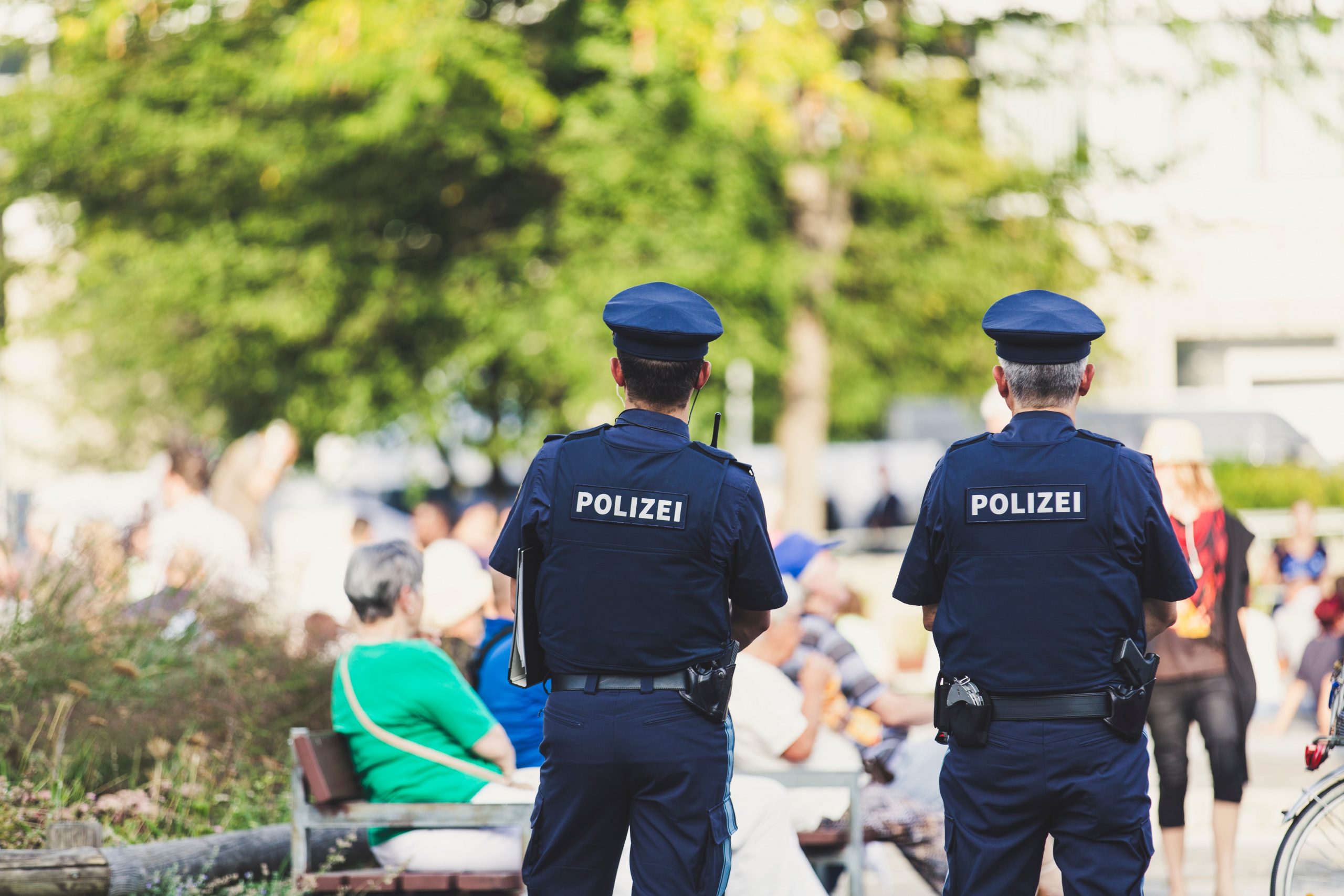In an almost two-hour TV debate, the leaders of the three largest parties in Germany competed against each other in a TV debate, exactly four weeks before the German elections. Armin Laschet (CDU/CSU), Olaf Scholz (SPD) and Annalena Baerbock (Greens) discussed themes such as climate, corona policy, taxes and social inequality.
The debate was certainly fierce by German standards. Laschet, in particular, was more fervent than before. His CDU/CSU – Chancellor Merkel’s party – is in a historically bad position in the polls and the pressure on him was considerably increased beforehand to “turn the tide” with this debate.
Attacking over and over
He attacked Greens candidate Baerbock by saying that the Greens are “chaining industry to the feet” with their climate regulations, driving companies abroad. “Then you immediately have a nice climate balance, but no more jobs,” he said. He forced his major competitor Scholz to take a position on a coalition with the left-wing party Die Linke. Laschet: “How hard can it be: yes or no?”
Baerbock, in turn, attacked Laschet and Scholz for their refusal to ban things for the climate. “Honestly, I find that shocking and it has to do with the fact that something like this does not arrive well at election time,” she said. By 2030, the Greens no longer want new cars with an internal combustion engine, mandatory solar panels on every new house and reserve 2 percent of land for windmills.
That has to happen quickly, says Baerbock, “because if the next government doesn’t manage to fully focus on climate neutrality, we have a big problem”.
Clear differences
The debate made clear the differences between the parties on some points. For example, when it comes to taxes. The CDU wants tax cuts for all incomes. With the Greens and the SPD, only the higher incomes will have to give up. Scholz calls the CDU’s planned tax cuts for higher incomes “immoral”, especially with a sky-high national debt after the corona crisis.
“Someone who earns as much as me does not need a tax cut,” Scholz said. Laschet insisted that the CDU believes that people and companies should not be hit by tax increases after the corona crisis.
The extensive debate covered all the major themes: from child poverty to Afghanistan, the corona policy and the question of whether ‘Ossis and Wessis’ can still be talked about today, as people from the former East and West Germany sometimes informally still do. are called.
Attacking Laschet
In retrospect, the analysts were not in agreement about a winner of the debate. Baerbock did well, most concluded. Mainly because she was more at ease compared to previous interviews and debates. She was able to make personal and substantive strengths in the field of climate, but also on child poverty.
Laschet was clearly more attacking and much less the kind, jovial Rhinelander he normally is. It was clear that he wanted to fight and that he realizes that his party is in a dire situation. He hoped to attract voters who are concerned about a government that is too left-wing or green.
Scholz was clearly the least energetic of the three. “He dieseled himself through it,” as one analyst described it. But his calm way of talking and the fact that he didn’t let himself be fooled by all the attacks can come across as sovereign and “Merkel-worthy” to some viewers.
Scholz winner in survey
Scholz also emerged as the winner of the debate with 36 percent of opinion pollster Forsa among 2500 respondents. Baerbock achieved 30 percent. Laschet received 25 percent of the vote.
They were also asked who was the most sympathetic. Scholz also came out on top there, with 38 percent. 37 percent thought Baerbock came across as the friendliest. The effect of Laschet’s new style was also clearly visible in this interrogation. He finished at the bottom, with 22 percent,
–


